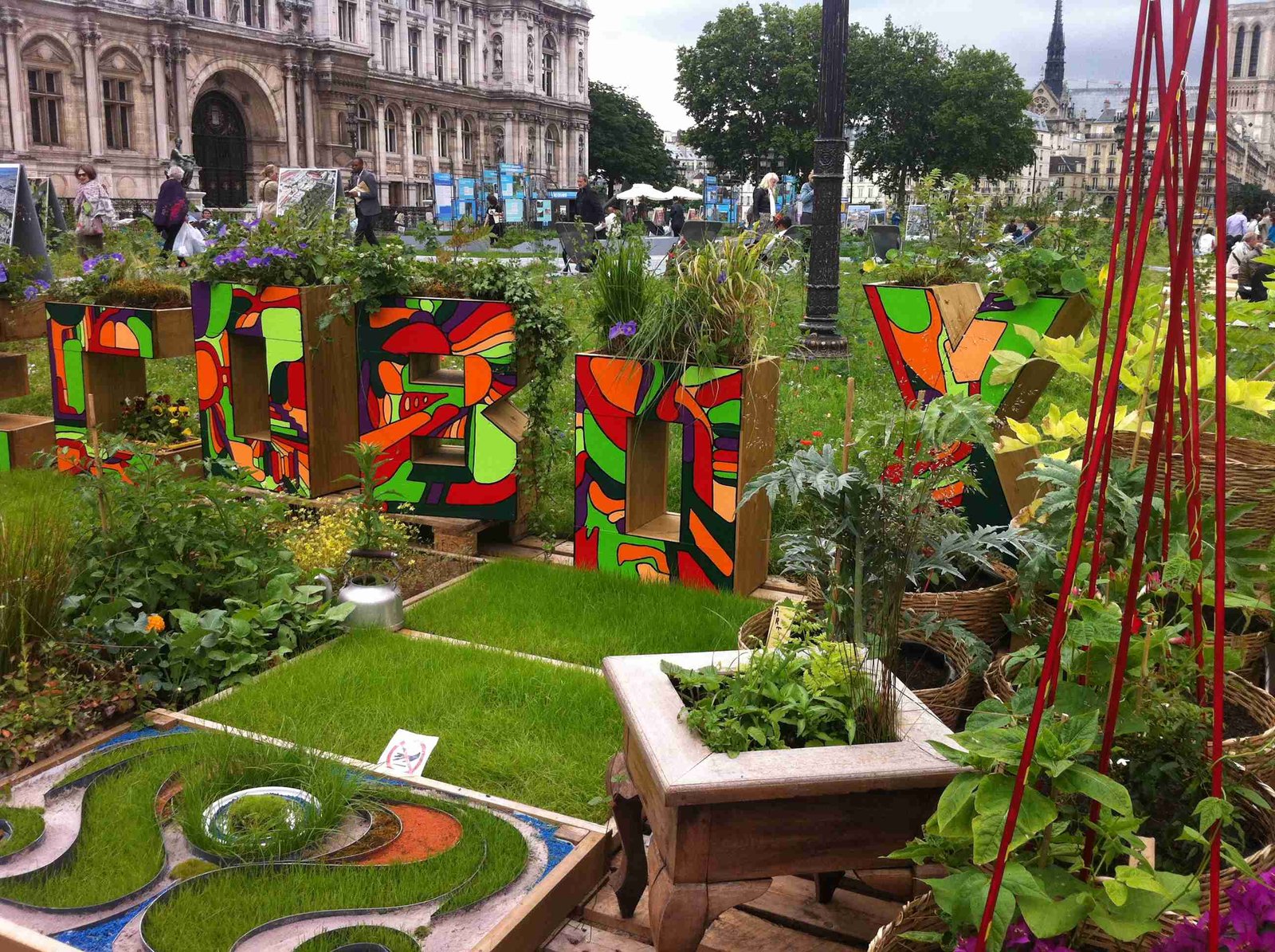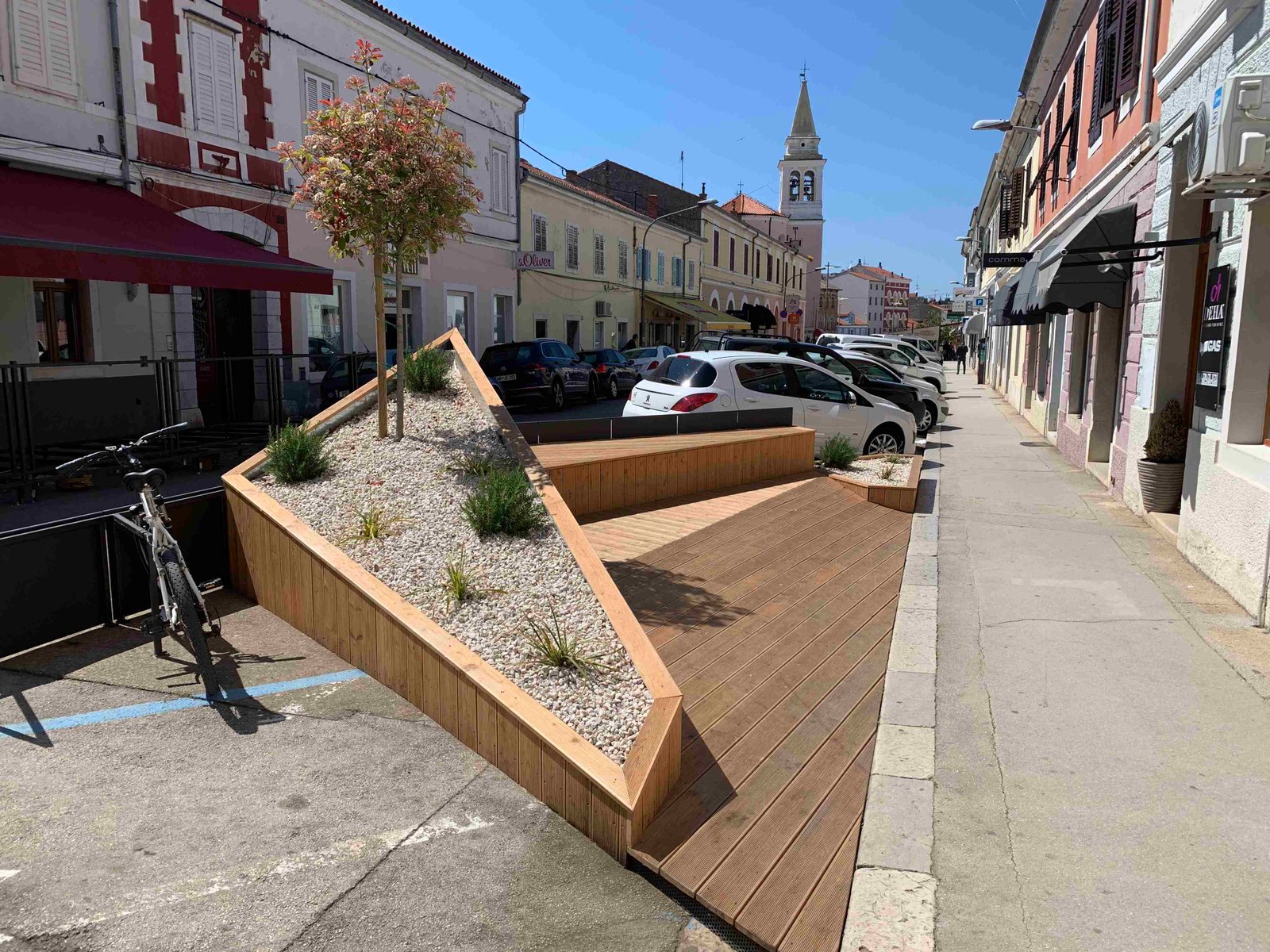Placemaking for Civic Imagination
Placemaking paves the way for a paradigm shift in the role that citizens play in deciding how their community assets are developed and managed.
Placemaking is an intentional and inclusive process of co-creation that builds capacity within local communities to take ownership over their direct surroundings and public spaces.The process of placemaking also helps to build collective civic imagination capacity – essential to creating demand for better futures.
Public spaces are where citizens can freely congregate and collaborate, and therefore are where a collective community voice can best be developed and heard. Peace, progress, democracy and our wellbeing all depend on access to public spaces that are attractive, open, inspire creativity and are able to be used by everyone.
The great thing about public spaces is that they can be quickly transformed into whatever citizens need them to be. This potential for fast, affordable and experimental transformations of public space is something that most communities need to use more to help test possible futures. While we often think of parks and squares, we should think of public space more broadly as all of the public commons of a community, including: buildings such as libraries, theatres and halls; squares and streets; parks and community gardens; rivers; national/nature parks and wilderness areas.
Placemaking approaches have traditionally been focussed on cities and urban development. Applying placemaking approaches to more rural areas offers a new horizon for innovation in collective management of larger community common commons.
While public spaces are not the most technically complex part of our communities, they can be some of the most socially complex and are also often subject to chronic under-investment. Working together to develop and manage public spaces helps communities to open their minds and hearts to the wider changes they really desire – helping to regenerate civic imagination in the process. Placemaking also helps citizens to develop their ‘collaborative communities’ skills – communication, co-creation and collective management.
Given the broad value of public placemaking processes, we encourage all communities to work on this area as part of their overall radical change process.
This thinking is further elaborated in this article.
Placemaking is also vital to underpinning our work to develop 21st century neighbourhoods.



